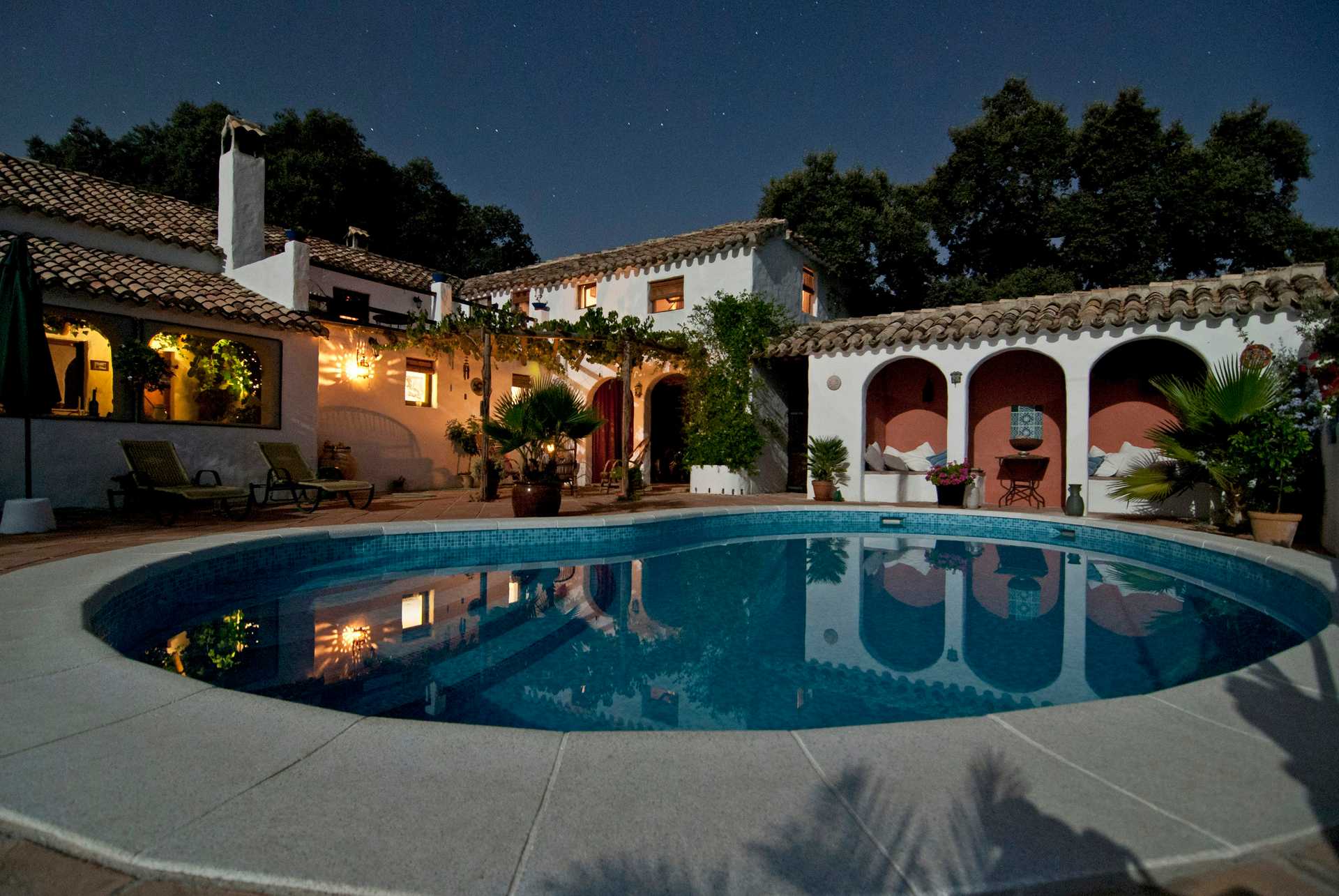Are you dreaming of owning your own home in Spain? We can help! Our personal experience of buying a house in Spain comes with valuable advice, so you can learn from our successes and mistakes.
First, don't rush into things. Renting in Spain can be a great way to get a feel for the country, but owning your own home means you can decorate and renovate it to your liking - no one else's! So, take your time and find a house that you truly love.
Before you start looking for your dream home, make sure you have your mortgage pre-approved. This will give you a better idea of what you can afford, so you don't waste time falling in love with a house that's out of your budget. Once you have your pre-approval, you can schedule an inspection of the house you're interested in.
Once the inspection is complete and you're satisfied with the property, it's time to reserve your dream house. All you need to do is sign a reservation form and pay a small down payment which will be deducted from the real estate agent's fee (if applicable).
Once you've signed the reservation, the advertisements will be taken offline and the seller will know that you're interested. If you decide to proceed with the purchase, a "Contrato de Arras" (contract of earnest money) will be drawn up. This contract involves paying a down payment for the house and agreeing on the final purchase price.
Now, it's time to get your mortgage. You can go to your bank or a mortgage broker to find the best mortgage for you. While a broker may be easier to work with, they do charge a fee for their services. Banks can be inflexible and slow, so a broker can make the process much easier.
Once you have your pre-approval from your bank or broker, you can sign the binding offer or FEIN (Ficha Europea de Información Normalizada) with the bank. So it's now time to find a notary.
You have the right in Spain as the buyer, to choose a notary of your choosing, if you have a mortgage broker, you can ask them for recommendations, if you have a notary who has been in the field for a long time it's assumed to be a good one, as if they make a mistake, they might lose their license.
Now comes a very important step, as the notary might insist that you use a translator, we have gone with "Reineke Van Mierlo" who is a very good and professional translator in the surroundings of Valencia, the reason for the translator is that the language used is a juridical variant, and very different from your everyday Spanish.
Next up, you go to the notary to sign a transparency act, this will act in two ways for the bank, before this meeting the notary will study all your documents from the bank, this also includes the FEIN, and more importantly the FIAE (Ficha Europea de Advertencias Estandarizadas) this is a document stating all the warnings and recourses. After that, he explained everything, you receive a questionnaire, basically a test, in which you need to specify everything you understood and what was explained, with a good translator this will not pose a problem.
Once the transparency act has been signed in the presence of a notary, it's time for the exciting part - signing the deeds to your new house and mortgage (if applicable)! This is the moment when everyone comes together - you, the buyer(s), seller(s), bank representative (if you have a mortgage), translator, notary, and real estate agent. After all the documents are signed, you'll finally receive the keys to your new home. It's an important and thrilling step in your homeownership journey!
Congratulations! You're now a proud homeowner in Spain. Celebrate and enjoy your new home - it's all yours!
Hasta luego mis amigos!

